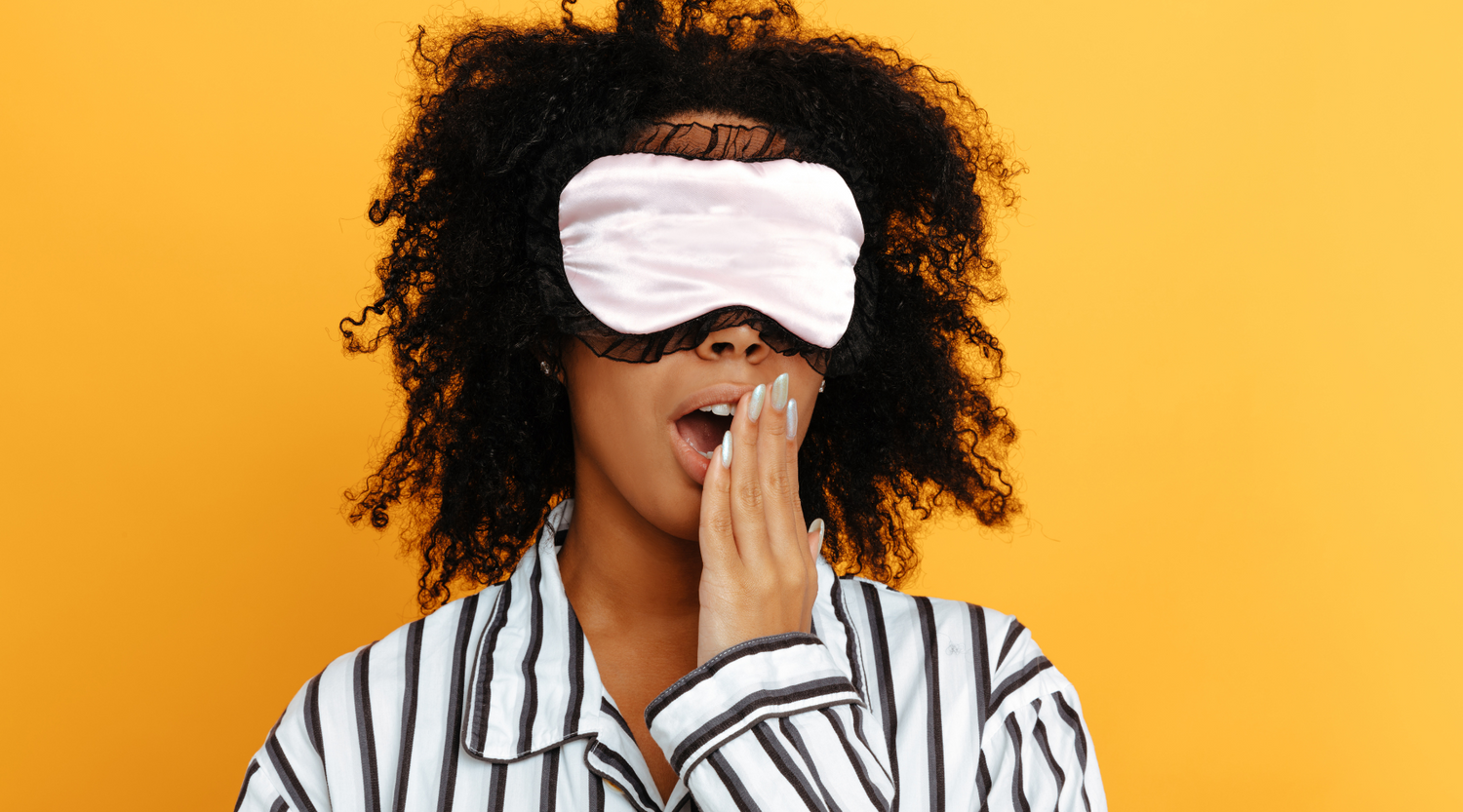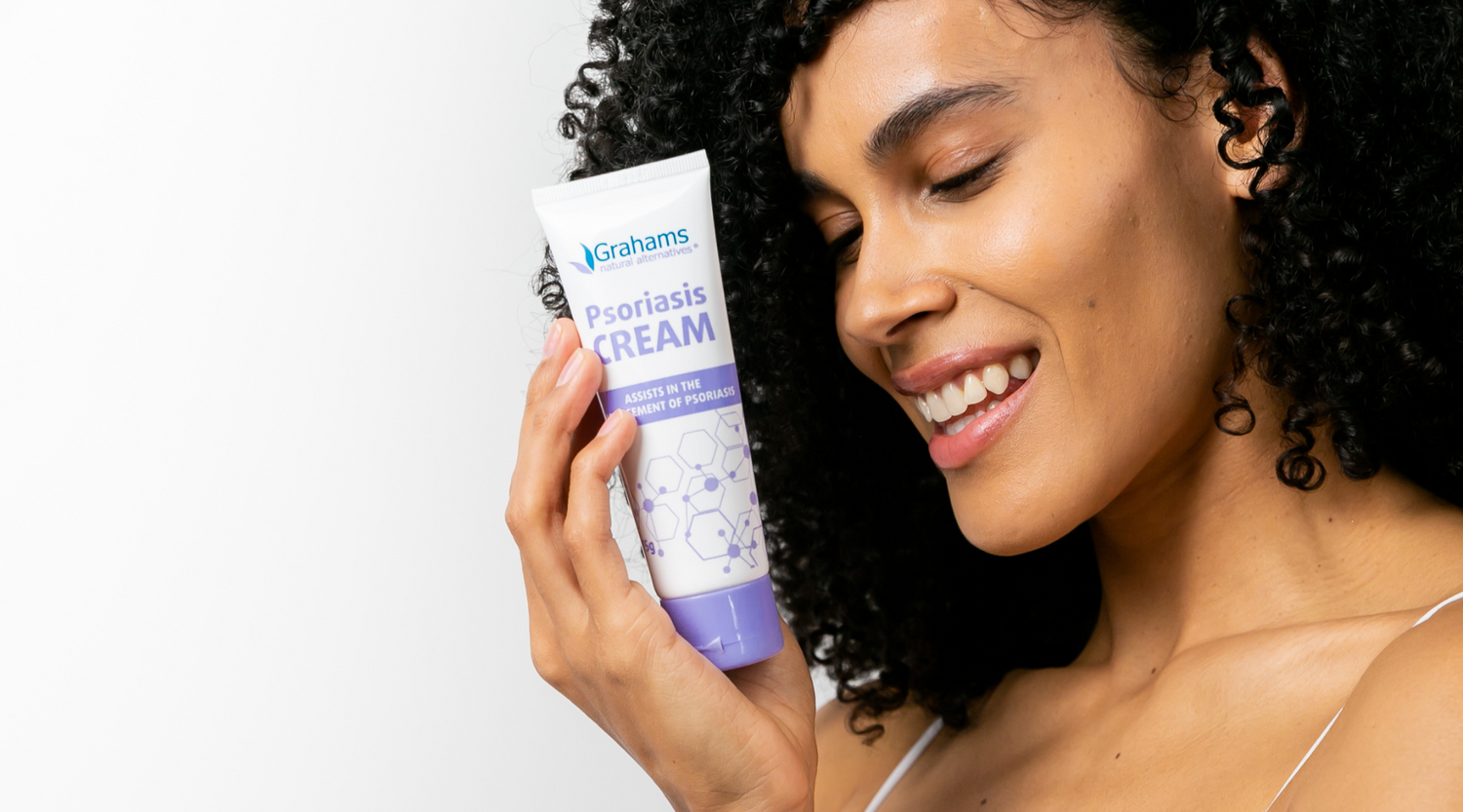Scalp psoriasis is a chronic autoimmune skin condition that affects millions of people worldwide. Characterized by red, itchy and scaly patches on the scalp, it can be an uncomfortable and challenging condition to manage. Scalp psoriasis is a distinct condition from dandruff or seborrheic dermatitis, although they may share some similar symptoms. In this comprehensive guide, we will delve into the causes, symptoms and treatment options for scalp psoriasis, all through a natural lens.
Understanding Scalp Psoriasis
To effectively manage scalp psoriasis, it's crucial to have a solid understanding of the condition. Scalp psoriasis occurs when the immune system mistakenly attacks healthy skin cells, causing an overproduction of new skin cells. This rapid cell turnover leads to the formation of red, scaly patches on the scalp, accompanied by itching, burning and discomfort. While the exact cause of scalp psoriasis remains unknown, genetic factors, immune system dysfunction and environmental triggers are believed to play a role.
Symptoms and Diagnosis
Identifying the symptoms of scalp psoriasis is essential for early intervention and proper treatment. Common symptoms of scalp psoriasis include:
a) Redness: Affected areas of the scalp typically display redness due to inflammation. The red patches may extend beyond the hairline and appear in various shapes and sizes.
b) Scaliness: The scalp may exhibit a buildup of thick, silvery-white scales. These scales may resemble dandruff but are usually larger and more adherent to the scalp.
c) Itching and Discomfort: Scalp psoriasis can cause intense itching and discomfort. Scratching the affected areas can lead to further irritation and potential skin damage.
d) Flaking: Flakes of dead skin, known as scales, may shed from the scalp, often appearing as white or silver flakes on clothing or the shoulders.
e) Dryness and Cracking: The scalp may become dry and prone to cracking, leading to potential bleeding or discomfort.
f) Hair Loss: In severe cases, scalp psoriasis can result in temporary hair loss within the affected areas. However, hair typically regrows once the condition is managed effectively.
Triggers & Tips
Stress
When under stress, the body releases certain hormones and chemicals that can disrupt the immune system and increase inflammation. This immune response can worsen scalp psoriasis symptoms and lead to flare-ups. To manage stress, consider incorporating relaxation techniques such as deep breathing exercises, meditation, yoga, or engaging in hobbies that promote calmness and well-being.
Cold & Dry Weather
Scalp psoriasis tends to worsen during colder months when the air is dry. Cold weather can cause the scalp to become dry and dehydrated, leading to increased itching and flaking. Additionally, the lack of sunlight during winter reduces natural UV exposure, which can have a beneficial effect on psoriasis symptoms. To combat the effects of cold weather, protect your scalp by wearing hats or scarves and using a humidifier to add moisture to the air in your home.
Infections & Injuries
Scalp psoriasis can be triggered by infections, particularly those affecting the upper respiratory tract, such as strep throat. The body's immune response to infections can exacerbate psoriasis symptoms. Additionally, injuries to the scalp, including cuts, scratches, or burns, can trigger psoriasis flare-ups in the affected areas. It is important to practice good hygiene, maintain a healthy lifestyle, and seek prompt medical attention for any infections or injuries to minimize their impact on scalp psoriasis.
Certain Medications
Certain medications, such as lithium, antimalarial drugs, and some beta-blockers used to treat high blood pressure, have been associated with triggering or worsening psoriasis symptoms, including scalp psoriasis. If you suspect that a medication is impacting your scalp psoriasis, consult your healthcare provider. They may be able to recommend alternative treatments or adjust your current medication regimen to minimize the effects on your skin.
Hair Products & Styling Techniques
Harsh hair products, including shampoos, conditioners, styling gels and hair dyes, can irritate the scalp and trigger psoriasis flare-ups. Fragrances, sulfates and other chemical additives commonly found in these products can disrupt the scalp's natural balance and exacerbate inflammation. Opt for gentle, fragrance-free and hypoallergenic hair care products specifically formulated for sensitive scalps. Avoiding tight hairstyles, such as ponytails or braids, that pull on the scalp can also help reduce irritation.
Alcohol & Smoking
Alcohol consumption and smoking have been linked to an increased risk of psoriasis and can worsen existing symptoms. Alcohol can dilate blood vessels and trigger inflammatory responses, while smoking has been found to increase the severity and frequency of psoriasis flare-ups. Limiting alcohol intake and quitting smoking can have a positive impact on scalp psoriasis and overall health.
Treatment Options
Topical Treatments:
Psoriasis Cream- Grahams Natural offers a range of topical treatments specifically formulated to address scalp psoriasis. The cream works by softening, soothing and lubricating the surface, enhancing scale removal and facilitating epidermal re-hydration. The Psoriasis Cream, enriched with natural ingredients such as calendula, gotu kola and manuka honey, helps soothe inflammation, reduce itching, and promote healing of the affected scalp.
Scalp Relief Shampoo - Grahams Natural Scalp Relief Shampoo is formulated to soothe itchy scalps and reduce dryness. Formulated with key ingredients including Colloidal Oatmeal, Niacinamide, Allantoin, Green Tea extract and Piroctone Olamine, this shampoo aims to protect and nourish the scalp. It works by reducing the dirt and build-up, cleansing the scalp and hydrating the hair, in order to reduce the overall appearance of flaking/dry scalp, whilst also reducing the symptoms associated with it.
Phototherapy:
Phototherapy, or light therapy, is an effective treatment option for scalp psoriasis due to its ability to slow down the rapid cell turnover and reduce inflammation associated with the condition. Phototherapy utilizes specific wavelengths of light, particularly ultraviolet (UV) light, to penetrate the skin. When exposed to UV light, the immune system's response is modulated, resulting in a decrease in inflammation. In scalp psoriasis, this anti-inflammatory effect can alleviate redness, swelling, and discomfort associated with the condition.
Diet and Lifestyle:
While there is no specific diet for scalp psoriasis, maintaining a healthy lifestyle can support overall well-being and possibly reduce flare-ups. Encouraging a balanced diet rich in fruits, vegetables and omega-3 fatty acids, while avoiding trigger foods like alcohol, processed foods and gluten, may be beneficial. Managing stress levels, incorporating regular exercise and practicing relaxation techniques can also help minimize flare-ups.
You are not alone in this journey. With patience, perseverance, and the right resources, you can effectively manage scalp psoriasis, reduce discomfort, and improve your overall quality of life. Stay positive and take steps towards a healthier scalp and happier you.





